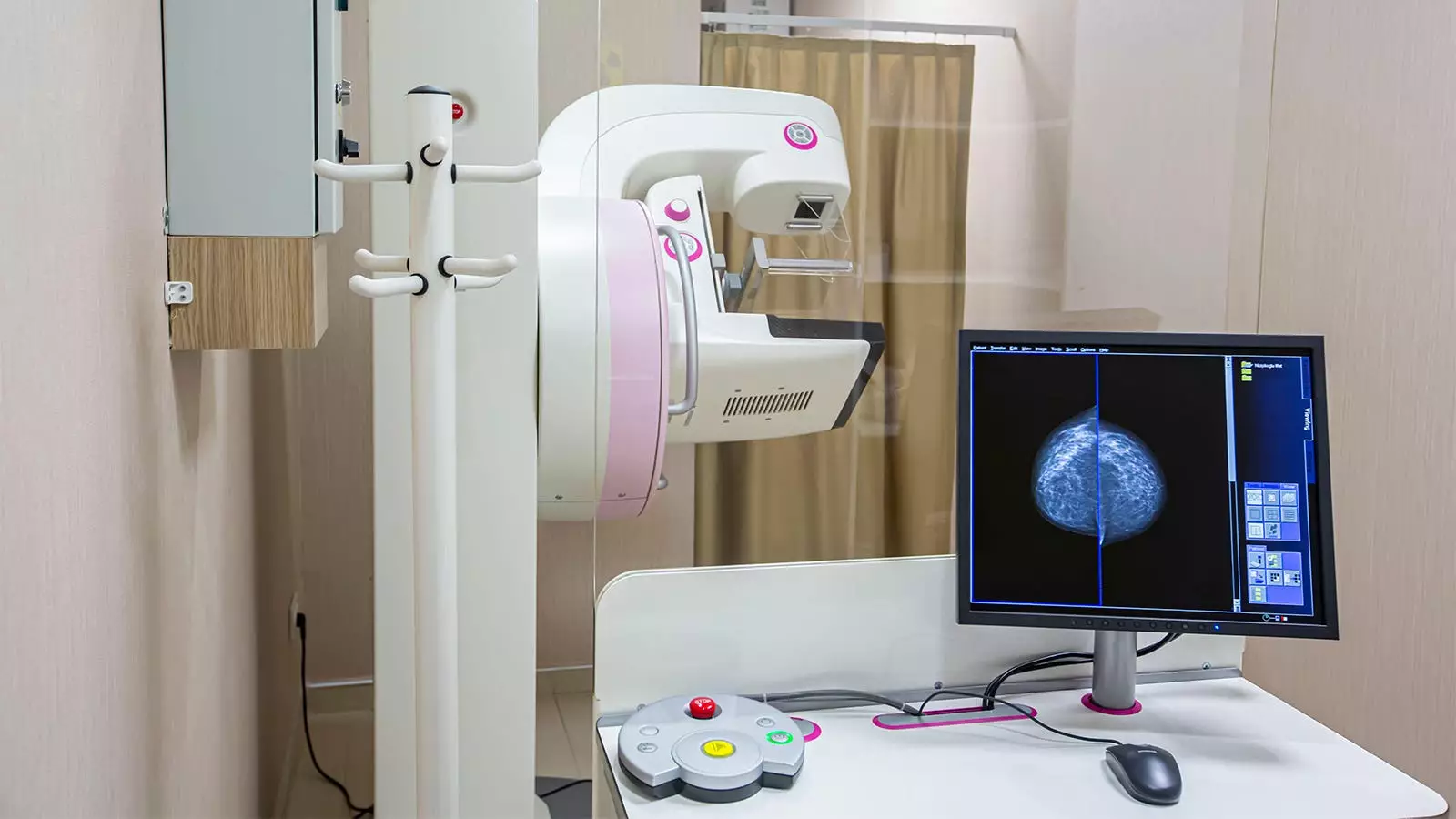Breast cancer screening is a crucial aspect of preventive healthcare, aimed at reducing mortality rates associated with this deadly disease. A recent study comparing various screening scenarios has shed light on the effectiveness of annual breast cancer screening starting at age 40. The research, conducted by Debra L. Monticciolo, MD, of Dartmouth-Hitchcock Medical Center, and her colleagues, found that annual screening from ages 40 to 79 resulted in the greatest reduction in mortality, amounting to 41.7%. This percentage far outweighed the reduction achieved with other screening schedules, such as biennial screening at ages 50-74 (25.4%), biennial screening at ages 40-74 (30%), and annual screening at ages 40-74 (37%).
In addition to the significant reduction in mortality, annual screening starting at age 40 and continuing up to age 79 also averted the most breast cancer deaths (11.5 per 1,000 screened) and gained the most life-years (230 per 1,000 screened) compared to other screening scenarios. Despite the higher rates of false-positive screening results and benign biopsies associated with annual screening at ages 40-79, the research team emphasized that these risks are manageable on a per-examination basis. They argued that the benefits of mortality reduction and life-year gains far outweigh the risks posed by false positives and benign biopsies.
The study’s findings have significant implications for the current recommendations by the United States Preventive Services Task Force (USPSTF). The researchers proposed that changing the USPSTF draft recommendation of biennial screening from ages 40-74 to annual screening up to age 79 would significantly improve mortality reduction for all women in the United States. The ultimate goal of any cancer screening program, they argued, is to prevent untimely cancer deaths, and annual breast cancer screening starting at age 40 and extending beyond age 79 is the most effective way to achieve this goal.
An editorial accompanying the study, written by Bonnie N. Joe, MD, PhD, of the University of California San Francisco, criticized the USPSTF for sticking with a biennial screening interval despite evidence supporting the benefits of annual screening. Dr. Joe highlighted the importance of reducing healthcare disparities, especially concerning more aggressive cancers in younger individuals and Black persons. The study’s estimates for Black women revealed that annual screening up to age 79 offered the highest breast cancer mortality reduction, breast cancer deaths averted, and life-years gained compared to other screening schedules.
Although the study provides valuable insights into the benefits of annual breast cancer screening starting at age 40, the authors acknowledged certain limitations. For instance, the model estimates used in the study only covered ages up to 79, limiting the ability to extrapolate beyond this age range. Despite these limitations, the study underscores the importance of considering annual screening from age 40 onwards as a more effective strategy for reducing breast cancer mortality and improving life expectancy.

Leave a Reply